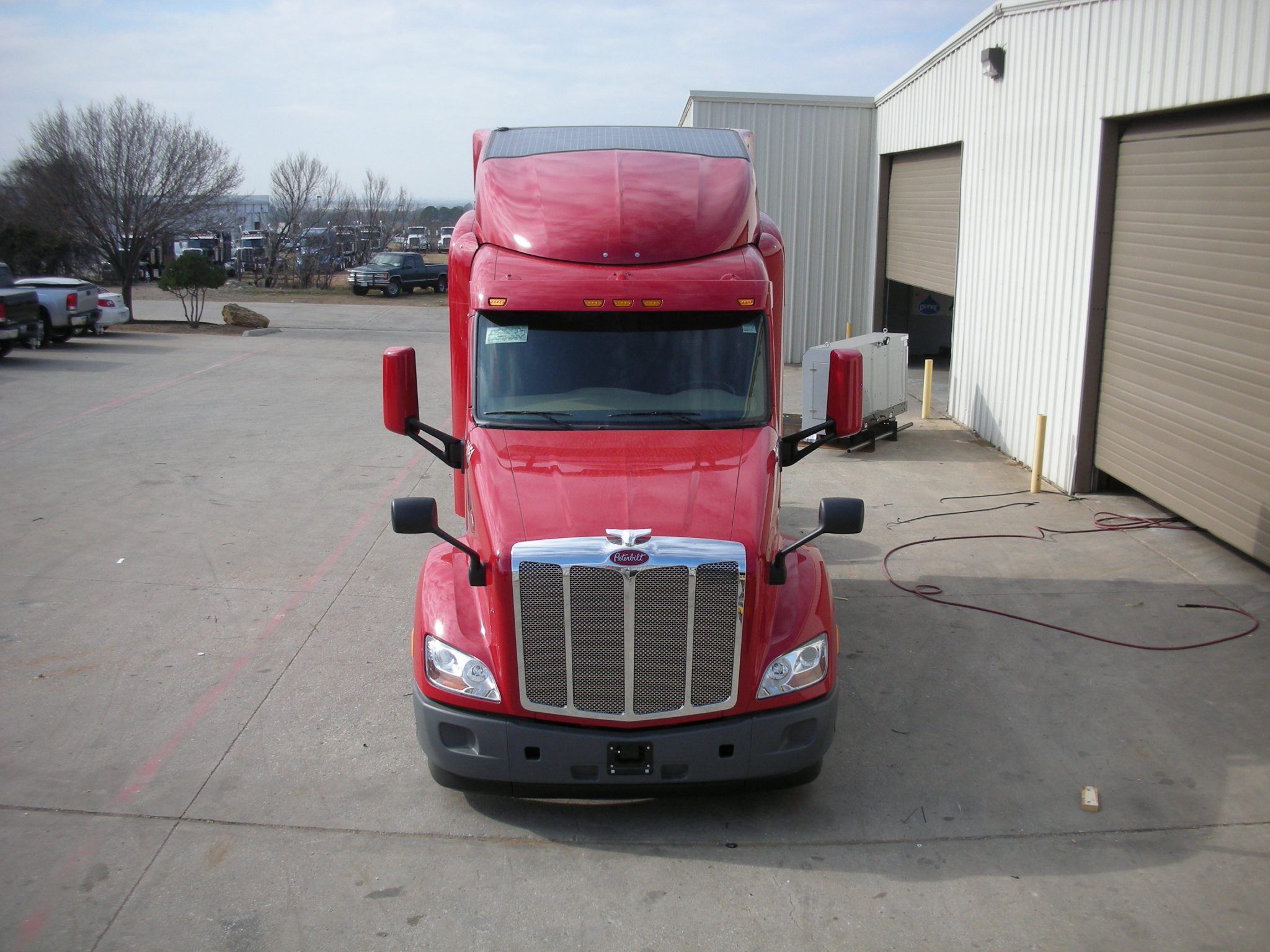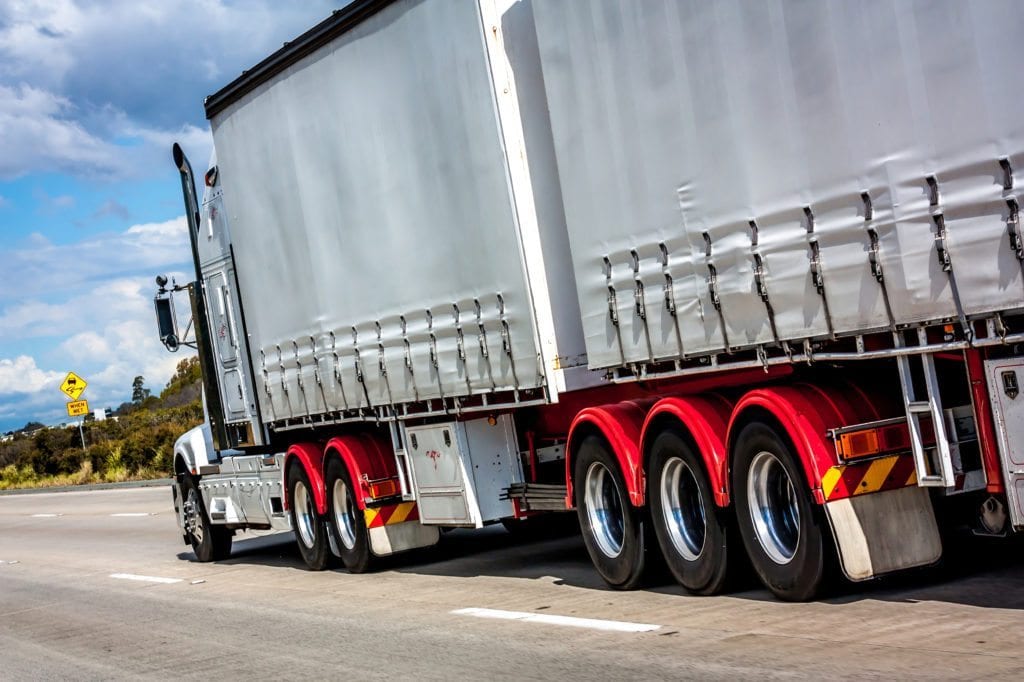Every year in the United States, inefficiently operating vehicles waste billions of gallons of fuel. According to Argonne National Laboratories, vehicle idling (leaving a vehicle running while stationary) alone wastes 6 billion gallons annually across both the personal and commercial vehicle sectors. Idling, inefficient driving, improper maintenance, outdated logistics, and aerodynamic drag are among the primary drivers of fuel waste.
The good news? Modifications in driver behavior and better maintenance and logistics can go a long way in reducing this waste. A report by the American Trucking Association, for example, found a 35% difference in fuel consumption between the most and least efficient drivers. Another study by Trucking Efficiency found that fleets that implement rigorous preventative maintenance practices realized fuel consumption improvements of as much as 5–10%. Still, with billions of gallons of fuel waste each year, more needs to be done to address this serious problem, and here innovative homegrown technologies provide promising solutions for a more efficient and sustainable transportation future. Here are a few homegrown companies making a difference.
eNow, Inc., a Rhode Island-based clean technology company, integrates super durable, thin-film solar panels and auxiliary power management systems into long-haul and workday trucks, reducing the need for those trucks to idle their engines to power auxiliary functions like liftgates and hotel loads, heating and cooling. eNow’s systems can save about 1 gallon of fuel per hour. For a trucker who’s on the road 300 days a year, the savings could amount to as much as 3,000 gallons and up to $7,000 per year, even at today’s low gas prices.
XL Hybrids out of Boston, Massachusetts, developed a cost-effective way to retrofit existing gas-fueled commercial vehicles like cargo vans, shuttle buses and delivery trucks into hybrids, a solution that can increase an entire vehicle fleet’s fuel efficiency by 20 %, catching the attention of companies like FedEx and Coca-Cola. In operation since 2010, XL Hybrids’ system generates energy from the vehicle’s braking system to reduce overall fuel consumption. The system is modular, built to adapt to OEM powertrains, and installs in a matter of hours.
Infinite Composites Technologies (ICT) of Tulsa, Oklahoma, designs, develops and manufactures advanced compressed natural gas (CNG) storage systems for aerospace, industrial gas, and transportation applications, with the aim to make vehicles that run on CNG more efficient by focusing on the fuel tank itself. ICT’s patented design is a lightweight composite tank that holds 10% more fuel than current steel and aluminum CNG tanks, weighs 90% less and has a 10% smaller footprint. ICT’s tanks installed on a class 8 tractor trailer truck would save 422 gallons of fuel per year vs diesel due to the reduced weight of the tanks and fuel, would reduce emissions by 30%, and reduce fuel costs by $353,000 over the life of the vehicle.
Derive Systems based in Sanford, Florida, has been helping customers since 2008 find simple savings by customizing and calibrating vehicle engines to reduce Idle RPM, and govern top speeds to decrease parasitic losses. A simple 15 minute update of the vehicles ECM delivers 6-12 percent in real fuel savings while reducing drivetrain wear and tear, mitigating risk and reducing emissions all with no change to the factory hardware or driver experience. Priced less than the cost of a new set of tires and guaranteed for the life of the vehicle, Derive Efficiency has been attracting customers across industries and sectors from Dish Network to the North Carolina DOT.
With higher fuel economy and emissions standards being passed each year, innovative, homegrown companies like those featured above will play an ever increasing role in ushering in a new age of sustainable transportation in America.
Katrina Kazda is the Director of Programs at Sustainable America, an environmental 501(c)(3) non-profit organization with the mission to make the nation’s food and fuel systems more efficient and resilient. Through broad public education, hands-on technical assistance, and strategic investment in emerging entrepreneurs and technologies, we work to reduce oil usage and increase food availability in the United States. www.sustainableamerica.org











